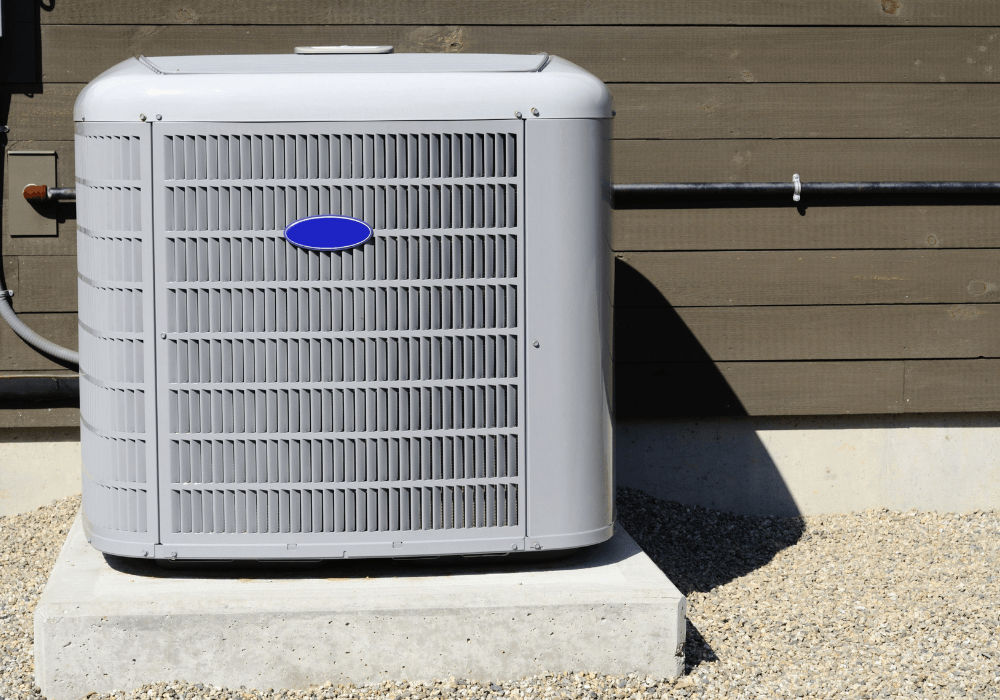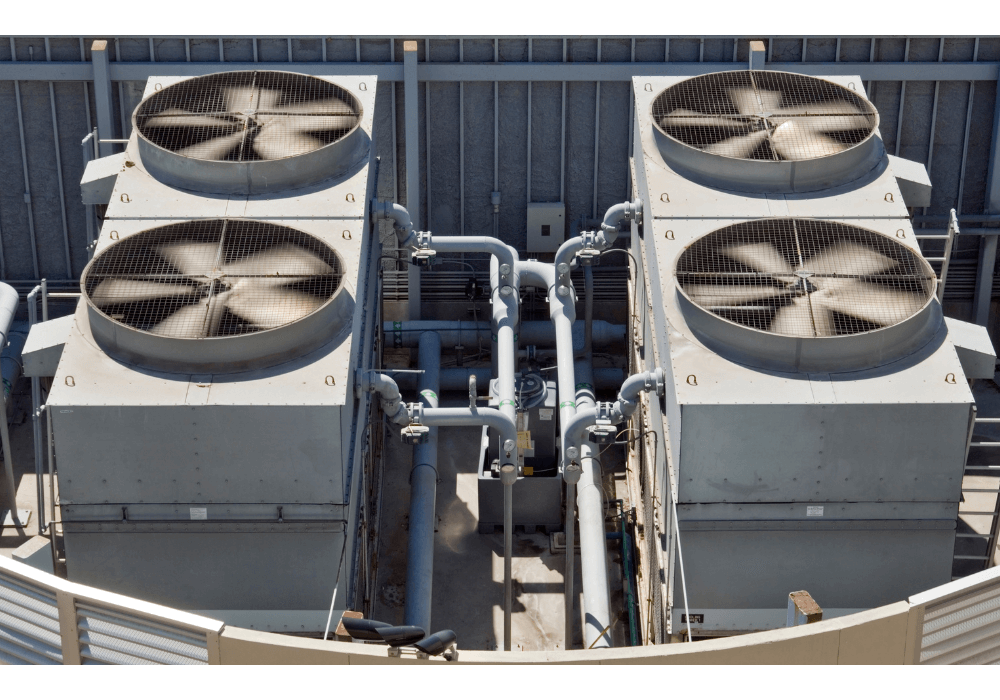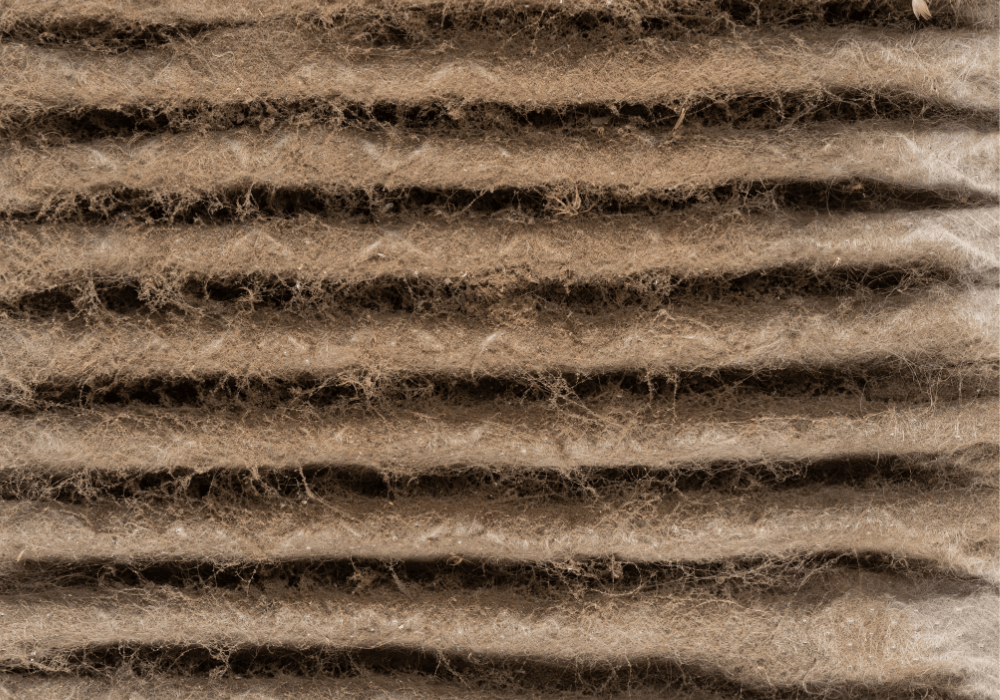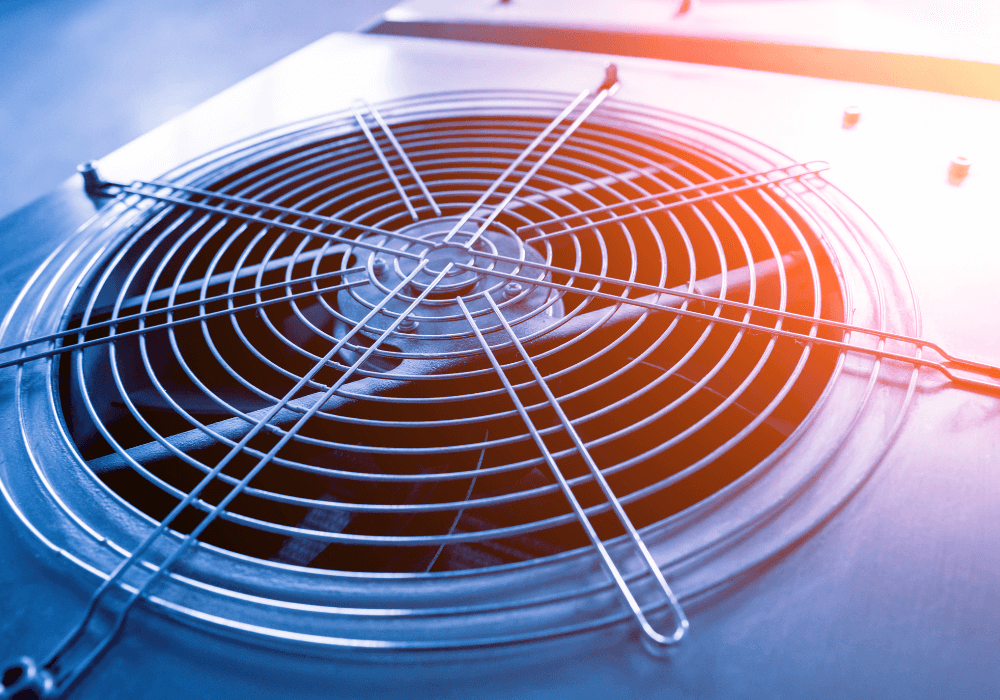How Long Do HVAC Systems Last? Everything You Need to Know
By My Service Depot on Monday, July 25, 2022Gain Insight on How to Keep Your Commercial and Residential HVAC Systems Purring All Year Long
HVAC systems are an important part of any home or business, and it is crucial to make sure that they are in good condition at all times.
In this blog post, we will discuss everything you need to know about HVAC system lifespans. We will cover both commercial and residential HVAC systems, and we will provide you with some useful tips on how to keep them running for as long as possible!
What is an HVAC System?
HVAC stands for heating, ventilation, and air conditioning. It refers to the systems that regulate and move heated and cooled air throughout residential and commercial buildings, from homes to offices to indoor stadiums.
Although there are many options when it comes to HVAC systems, they all work similarly. They take in fresh air and use a mechanical ventilation system to heat or cool it to a desired temperature. HVAC units also can control humidity levels and improve air quality through air cleaners that capture bacteria, spores, and virus-sized particles.
Residential HVAC Systems

Residential HVAC systems are typically less complex than commercial HVAC systems, and they do not have to work as hard to maintain comfortable temperatures. This means that they usually have a longer lifespan than commercial HVAC systems. The average lifespan of a residential HVAC system is 15-20 years.
Commercial HVAC Systems

Commercial HVAC systems are typically more complex than residential HVAC systems, and they have to work harder to maintain comfortable temperatures. This means that they usually have a shorter lifespan than residential HVAC systems. The average lifespan of a commercial HVAC system is 12-15 years.
Differences Between Commercial and Residential HVAC Systems
Size
Residential HVAC units are much smaller compared to commercial systems.
Commercial HVAC systems are larger because they are generally employed to cool much larger spaces. Spaces like warehouses, department stores, and even medium-size businesses benefit from these larger systems. Large buildings that have partitioned-off rooms like schools and churches may need a battery of residential units to climate control each room.
Placement
The placement of commercial HVAC systems is very different from residential ones. Generally, the residential system will be in the backyard or alongside the building, church, or school.
However, with commercial and industrial systems the units are generally placed on top of the building. This is space-saving and keeps most of the noise pollution out of the building.
Drainage
Commercial HVAC systems require greater drainage systems. They are cooling larger spaces and this means that additional moisture is cycling through the system. This means that a whole drainage system needs to be installed alongside the commercial system.
Residential systems have smaller drainage systems, but when using several systems for a church then the drainage systems for each can be placed all around the building.
Maintenance
The maintenance cost of commercial HVAC systems is more than a standalone residential unit for various reasons. The complexity of components, the size of the system, and the difference in the mechanism all play a part in higher costs.
For a commercial unit, you need highly experienced and skilled technicians to ensure a perfect installation, efficient maintenance, and energy efficiency. Different HVAC technicians specialize in different HVAC systems as both the units feature a unique mechanism and function differently.
What Can Affect a Residential HVAC Systems Life Span
Many variables can affect the lifespan of your residential HVAC system, below we have listed the four most common of these variables, according to BluFlame Service Co.
Location
The climate you live in as well as where you place your HVAC unit plays a role in its lifespan. If you live in a dry environment, dust, debris, and dirt tend to accumulate around the unit’s coils and filters more quickly. Periodically check for build-up within the coils and change your air filters regularly.
If your unit is located near landscaping, it is essential to keep the area around the unit clean for proper air circulation. It is also important to check and remove any accumulation of leaves or weeds. If you have shrubs or bushes, cut them down to avoid any unnecessary overheating with your unit.
Humidity
As mentioned above, your location plays a critical role in the lifespan of your HVAC unit. If there is too much humidity or too little humidity during certain seasons, it affects how you feel the ambient temperature of your home. This could cause you to adjust the thermostat leading to high energy bills.
Your HVAC system already works hard to make your home comfortable, don’t give it any extra stress. During the summer, you can use a dehumidifier to help control excess moisture from accumulating. During the winter, you can use a humidifier to help provide a comfortable level of heated moisture in the air.
Run Time
If your HVAC unit is running non-stop, there tends to be more wear and tear which leads to a shortened lifespan. Frequent cleanings, programmable thermostats, and routine maintenance help your system run more efficiently and keeps it from running around the clock.
If it is scorching outside, your HVAC system will have to work harder to keep your home comfortable. You can help by closing your curtains, blinds, and shades to block the heat from radiating inside. You can also use fans to help circulate the cooled air more efficiently.
Lack of Maintenance

Over time components can wear, tear, or break, causing the HVAC unit to break down or even fail. Scheduling preventive maintenance with an HVAC professional is one of the best ways to extend the life of your air conditioner or furnace.
An annual tune-up will check for any operating problems, replace filters, thoroughly inspect your system, and alert you of anything that may cause issues in the near future.
How to Clean and Replace Your Residential HVAC System’s Filters
Cleaning or replacing your HVAC system’s filters is one of the most critical maintenance tasks you can do to extend its lifespan. Clogged and dirty filters block airflow. This makes your system work harder than it needs to, which could lead to a shortened lifespan.
Depending on the type of filter you have, you will either need to clean or replace it. Some indicators that you need a new filter can include a drop in airflow, an increase in your energy bills, or strange smells coming from the vents.
If you have a disposable filter, it is recommended that you replace it every 30 to 90 days. If you have a reusable or washable filter, you will need to clean it every month. When cleaning your HVAC system’s filters, use gentle soap and warm water. Rinse the filter until all the soap is gone and let it air dry completely before putting it back in the unit.
You will first need to locate your HVAC system’s filter. The location will depend on the type of system you have. Once you find it, open the housing and remove the old filter. Inspect it for any tears or holes and dispose of it properly.
If you are replacing your filter, make sure to get the correct size and type for your HVAC system. After installing the new filter, close up the housing and turn on your HVAC system to check that everything is working correctly.
What Can Affect a Commercial HVAC Systems Lifespan?
A large-scale commercial HVAC system is incredibly complex. Although it bears some basic similarities to residential systems, it is many times more sophisticated and provides performance far beyond anything available to the consumer.
Some of the most important factors in a commercial system’s long-term life include:
- Quality of the key components.
- The efficient design of the system.
- Usage demands during the year.
- Correct system installation.
- Climate zone of the structure.
- Maintenance and technical skills.
Even this is only a small fraction of the complete picture since the HVAC system’s performance must gel with business realities. As the system ages, it naturally becomes much less efficient. This drives up costs and makes it harder to meet regulatory standards. Eventually, the cost of keeping the system running will begin to eclipse the replacement cost.
How to Maintain a Commercial HVAC System
A commercial HVAC system is a significant investment that must be properly maintained to achieve its full lifespan. The first step in this process is to develop a relationship with a qualified HVAC contractor who can provide routine maintenance and emergency repairs.
The HVAC contractor should:
- Inspect the system regularly.
- Clean all components as needed.
- Lubricate moving parts.
- Tighten electrical connections.
- Check for abnormal sounds or vibrations.
- Investigate strange smells coming from the vents.
- Replace filters on a regular basis.
- Keep records of all maintenance activities.
The HVAC contractor should also have a good working knowledge of the specific make and model of your HVAC system and know where to get replacement parts if needed.
As the HVAC system ages, you will need to keep a close eye on it and be prepared to make repairs as needed. You may also need to replace some components, such as the air compressor, to keep the system running properly.
A well-maintained HVAC system can last for many years, but eventually, it will reach the end of its lifespan. When this happens, you will need to replace the entire system.
How to Choose a Replacement HVAC System
When it’s time to replace your HVAC system, you will need to decide what type of system to get. The most common types of HVAC systems are central air conditioners, furnaces, heat pumps, and ductless mini-split systems.
The best way to choose a replacement HVAC system is to consult with a qualified HVAC contractor. They will be able to assess your needs and recommend the best type of system for your home or business.
They will also be able to help you select a system that is the correct size for your space and has the features you want. Once you have chosen a new HVAC system, the contractor will install it according to the manufacturer’s instructions.
Additional Tips
With proper installation and regular maintenance, HVAC systems can last for many years. However, there are a few things that you can do to help extend their lifespan even further:
- Use a programmable thermostat: This will help you to avoid putting unnecessary stress on the system by only running it when it is necessary.
- Keep the area around the HVAC unit clear: This will help to ensure proper airflow and prevent the system from overworking.
- Check the air filter monthly and replace it when it is dirty.
- Have the HVAC system inspected and serviced at least once a year by a qualified technician.
- Schedule regular maintenance: This will help to identify and fix problems before they cause serious damage.
Conclusion
By following these simple tips, you can help ensure that your HVAC system has a long and healthy lifespan! HVAC systems are a significant investment, and it is important to do everything you can to protect that investment.
Both commercial and residential HVAC systems have their own unique benefits and drawbacks. It is important to evaluate your specific needs in order to determine which system is right for you.
Hopefully, this article has helped you understand the differences between these two types of systems and will give you a better idea of what to look for when making your decision.
If you are an HVAC technician or run your own HVAC business, there are many other considerations to make. If every day job processes are becoming overwhelming or the competition is becoming stiff there is a solution! Software like Smart Service can streamline your workflow to help manage customers, scheduling, and even inventory. Don’t hesitate and try a free demo of the Smart Service software to see if this could be the right step for your business.


